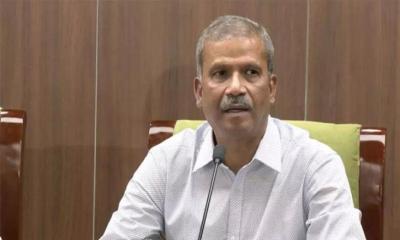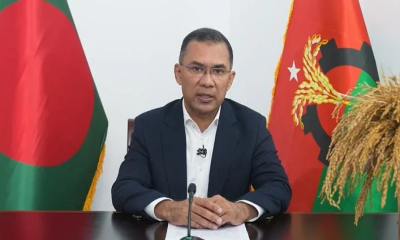Foreign minister Hasan Mahmud today said the Bangladesh government is well aware of the evolving geopolitical scenario in the region and is taking prudent steps in this regard.
"This evolving geopolitical scenario has created both opportunities and challenges for us," he said.
Bangladesh government has strengthened its measures to attract FDI through establishing new EPZs keeping in view the emerging geopolitical scenario, he added.
The foreign minister was speaking as the chief guest at a seminar on `Economic Diversification and Global Market: Bangladesh`s Opportunities and Way Forward` organised by Bangladesh Institute of International and Strategic Studies (BIISS) in the capital.
Hasan Mahmud laid emphasis on export diversification to boost earnings and help grow the economy to achieve its development goals.
Bangladesh`s export has increased but not diversified, now is the time to go for rigorous programmes to diversify not only products but also services and markets, he said.
The foreign minister said value-added RMG, pharmaceutical products, plastic, leather, jute goods, shipbuilding and also skilled manpower are some of the areas of focus for export diversification.
He said there is a lot of potential to increase agro products exports, including mangoes from Bangladesh.
"Today, the contribution of industries to the GDP is 33 percent. We would like to take it to 50 percent and become an industrialised country," Hasan said.
He said Bangladesh has made tremendous progress over the last 15 years despite challenges from multiple fronts, including negative impacts of climate change.
"This is not just magic. This is because of the magical leadership of Prime Minister Sheikh Hasina," said the foreign minister.
Member of Parliament Abul Kalam Azad, Foreign Secretary (Senior Secretary) Masud Bin Momen and Additional Secretary of Agriculture Ministry Dr Shah Md Helal Uddin spoke as the special guest.
BIISS Chairman Ambassador AFM Gousal Azam Sarker moderated the seminar while its Director General Major General Abu Bakar Siddique Khan delivered the welcome address and Research Director Dr Mahfuz Kabir presented the keynote paper.


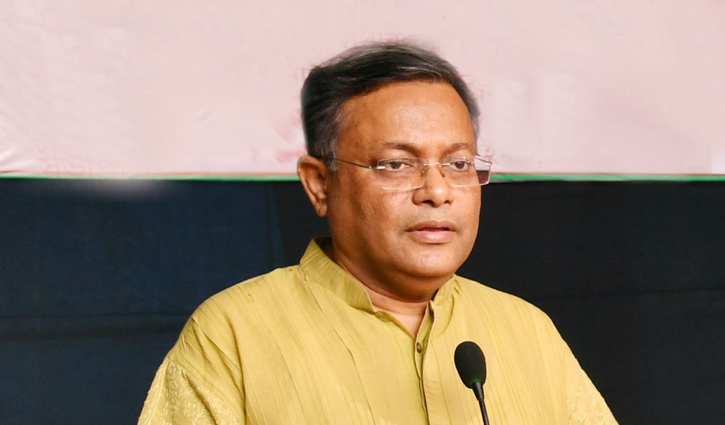

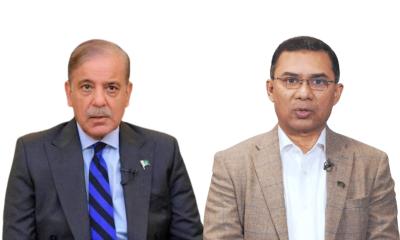
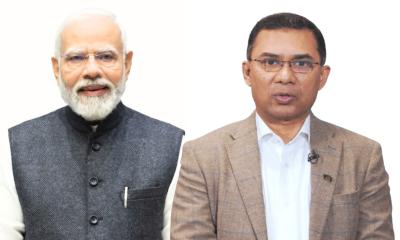

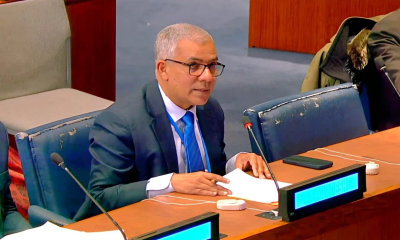


-20260216115008.webp)







-20260216055149.webp)





